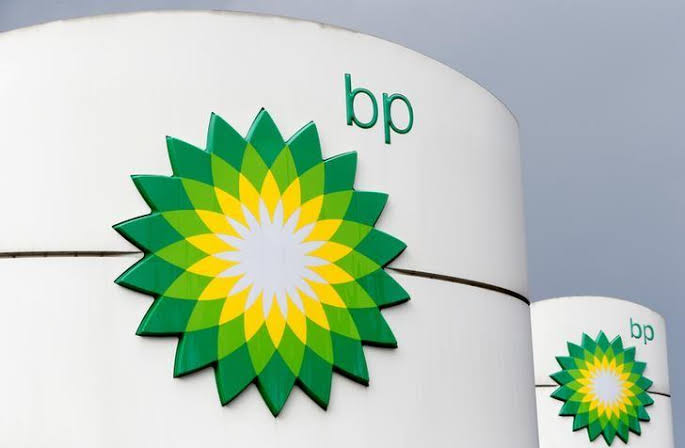KEY POINTS
- Falling oil prices threaten shareholder payouts of major oil companies.
- Analysts predict that some firms may need to borrow to sustain buybacks.
- BP and Chevron are already considering cutting repurchases amid lower profits.
Major oil companies, including BP, Chevron, Exxon Mobil, Shell, and TotalEnergies, are grappling with the challenge of maintaining substantial shareholder payouts amid falling oil prices.
Analysts warn that declining energy prices and weak refining margins could lead these companies to either reduce their share buybacks or borrow heavily to uphold investor returns.
The surge in energy prices following Russia’s invasion of Ukraine in 2022 led to record profits, allowing these companies to return over $272 billion to shareholders through dividends and share repurchases since the start of that year.
However, crude oil prices dropped below $70 per barrel last month, the lowest since late 2021, and banks have revised their oil price forecasts downward. The drop is expected to significantly reduce earnings in the upcoming quarters.
Companies like BP, which has higher debt than its competitors, are likely to cut back on their buybacks. Analysts predict that Exxon, Chevron, Shell, and TotalEnergies will maintain flat buybacks next year, with several firms considering borrowing billions to compensate for revenue shortfalls. BP, with a net debt of $22.6 billion, may find it challenging to continue buybacks at the current level without taking on more debt.
Industry outlook and potential cutbacks
UBS and RBC Capital Markets analysts suggest that these firms may face a “lost year” in 2025 if oil prices continue to fall. UBS projects BP will cut buybacks by $3 billion next year, while Shell could reduce its buybacks by $1.5 billion.
If crude prices drop below $70 per barrel, further reductions in share repurchases are likely across the industry.
Chevron, for instance, has already borrowed to maintain returns, paying $6 billion to investors while net earnings stood at $4.4 billion in the second quarter.
According to Reuters, investment bank Jefferies also forecast a 22 percent decline in the sector’s earnings in the third quarter, indicating a difficult path ahead for oil majors.
Industry analysts believe these companies will need to make hard decisions regarding spending cuts. They are likely to reduce investments in lower-carbon energy initiatives while borrowing more to sustain returns.
Many are concerned that any prolonged drop in energy prices could lead to companies adjusting their payouts, which have been central to investor interest in the oil industry.
Balancing returns and debt
Chevron has emphasized that its low debt levels and strong credit rating allow it to provide differentiated returns through market cycles. In contrast, BP is expected to slow down buybacks given its comparatively high debt.
Exxon, TotalEnergies, and Shell, however, have yet to provide clear guidance on how they will manage shareholder payouts amid the changing market dynamics.
As oil majors attempt to balance shareholder returns with debt management, the challenge ahead is clear: maintain payouts without compromising financial stability.
This pressure is exacerbated by an uncertain economic outlook, high interest rates, and global efforts to transition away from fossil fuels. In the meantime, companies will have to carefully navigate these challenges to meet investor expectations while managing rising debt.



